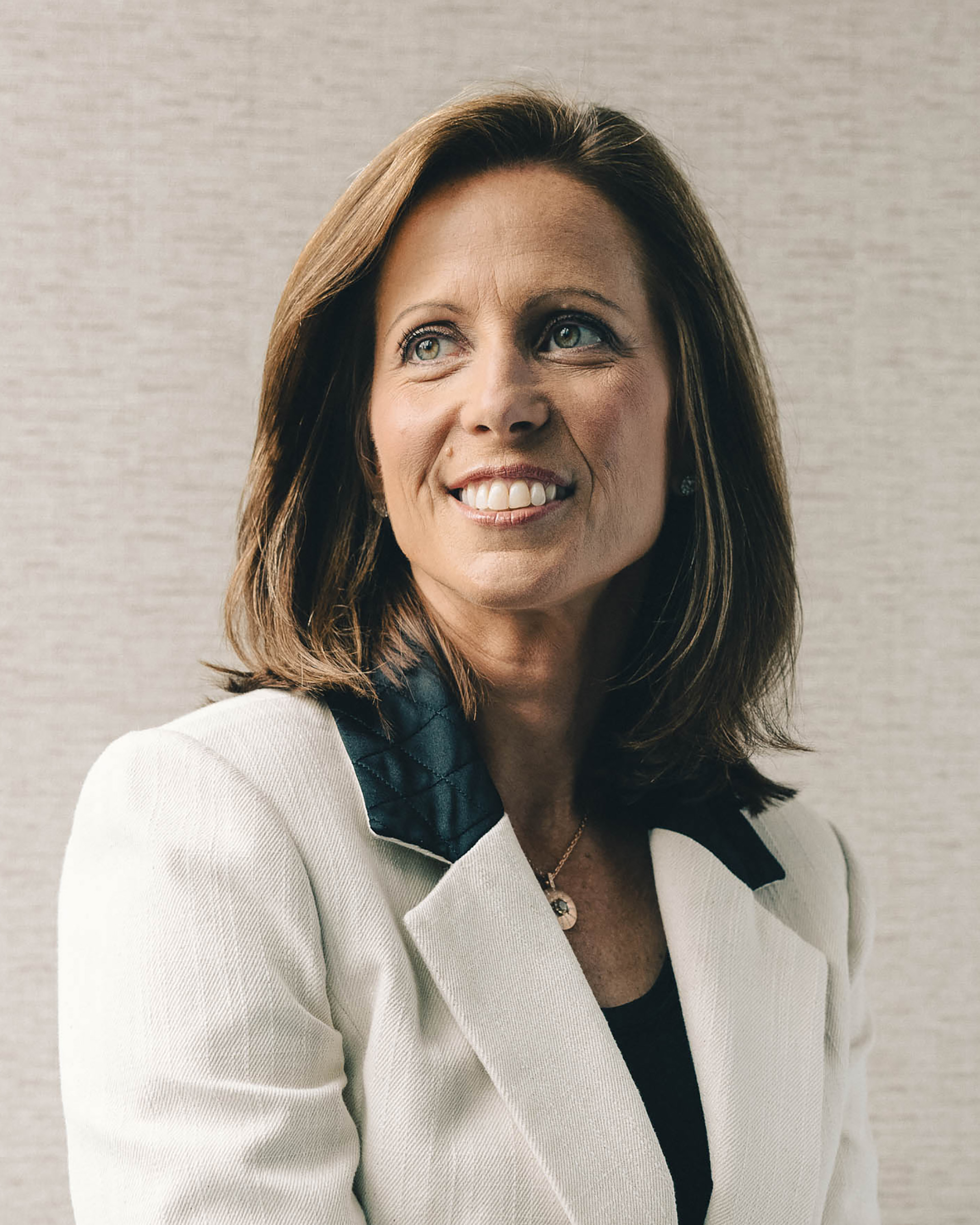Adena Friedman grew up hanging out at the trading desk at investment firm T. Rowe Price—her father’s workplace—and calls herself a “big believer” in the power of capitalism. But it’s become evident, she says, that capitalism isn’t easily accessible to all. Less than 3% of venture capital in the U.S. goes to women-led companies and only 1% to Black and Latinx founders. Friedman believes Nasdaq, the exchange founded in 1971 to expand access to financial markets, has a role to play in ensuring “capitalism works for everyone.”
In December 2020, Nasdaq proposed that its listed companies be required to disclose diversity data about their boards of directors. Those companies without at least two “diverse” directors—one who self-identifies as a woman and one who self-identifies as an underrepresented minority or LGBTQ+—would have to explain their lack of diversity. The proposal won regulatory approval in August.
Read more: Adena Friedman, CEO of Nasdaq, on the Red-Hot Market and Critics of Her Diversity Plan
Directives like this appear to be having an impact: nearly half the 456 independent directors appointed in 2021 at S&P 500 companies were from historically underrepresented racial or ethnic groups, a Spencer Stuart report found, and 30% of all directors are women, up from 16% a decade ago.
Research shows diverse boards have better financial performance and less fraud, making inclusive capitalism “a much more sustainable model for our economy,” Friedman says.
In 2020, Nasdaq launched a program offering resources, grants, and mentorship to women and underrepresented minorities, while its foundation committed to share a portion of company profits to improve financial literacy in underserved communities. Friedman says it’s a way for Nasdaq, which she joined as an intern in 1993, to fulfill its initial mission of democratizing access to capital.
“Capitalism, by its nature, gives the greatest opportunity to unlock human potential,” she says. “But you have to make sure that system is available to everyone.”
- The 100 Most Influential People of 2024
- Coco Gauff Is Playing for Herself Now
- Scenes From Pro-Palestinian Encampments Across U.S. Universities
- 6 Compliments That Land Every Time
- If You're Dating Right Now, You're Brave: Column
- The AI That Could Heal a Divided Internet
- Fallout Is a Brilliant Model for the Future of Video Game Adaptations
- Want Weekly Recs on What to Watch, Read, and More? Sign Up for Worth Your Time
